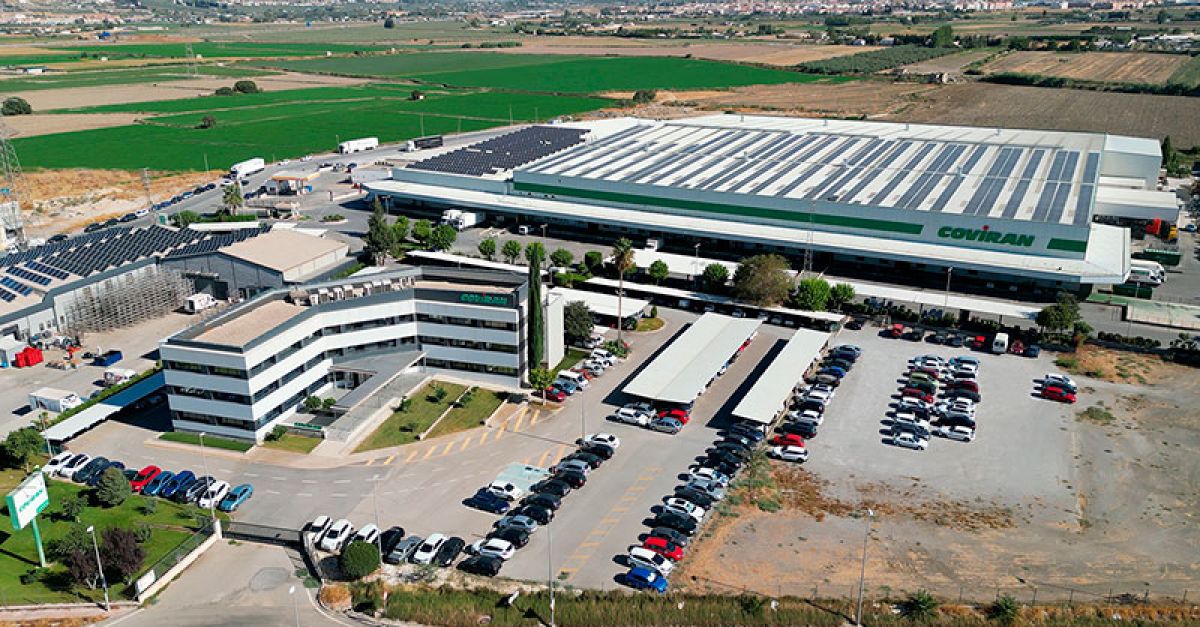Capacity of Carbon Sink in Africa is Decreasing

The population of Africa, the second-largest continent in the world, is currently around 1.4 billion and is projected to surpass 2 billion by 2040. This growth has led to an increase in agricultural activities and livestock numbers, resulting in significant changes to land use. A recent estimate of Africa’s greenhouse gas budget from 2010 to 2019 highlights the impact of these changes on the global carbon cycle.
Researchers, led by Ernst et al., utilized the budget assessment protocol established by the Regional Carbon Cycle Assessment and Processes (RECCAP2) initiative to make their estimates. They examined various carbon sources, including human activities like agriculture and fossil fuel emissions, as well as natural sources such as termites and wildfires. Additionally, they considered the role of natural ecosystems like grasslands, savannas, and forests in absorbing carbon across the continent. The study revealed that Africa shifted from being a minor net carbon sink to a minor net carbon source during the specified period, emitting an estimated 4.5 billion metric tons of carbon dioxide equivalents annually.
Several factors contribute to the rise in greenhouse gas emissions, including fossil fuel combustion, methane emissions from livestock, and carbon losses from soil due to land conversion for agriculture. Despite this, natural ecosystems are still absorbing a significant portion of human-induced emissions. The authors suggest that switching to carbon-neutral fuels could potentially reduce up to 30% of anthropogenic emissions. However, the conversion of land for agricultural purposes to meet the growing food demand poses a challenge to these efforts.
To improve the accuracy of estimates, the authors emphasize the need for more data specific to Africa and the development of continent-specific models. They also recommend promoting climate-smart agricultural practices and making investments that address socioeconomic issues while also conserving nature in Africa.
As Africa’s carbon sink capacity diminishes, it becomes increasingly vital to implement sustainable practices to mitigate greenhouse gas emissions and preserve the continent’s natural ecosystems. (Published on 4 April 2024)





